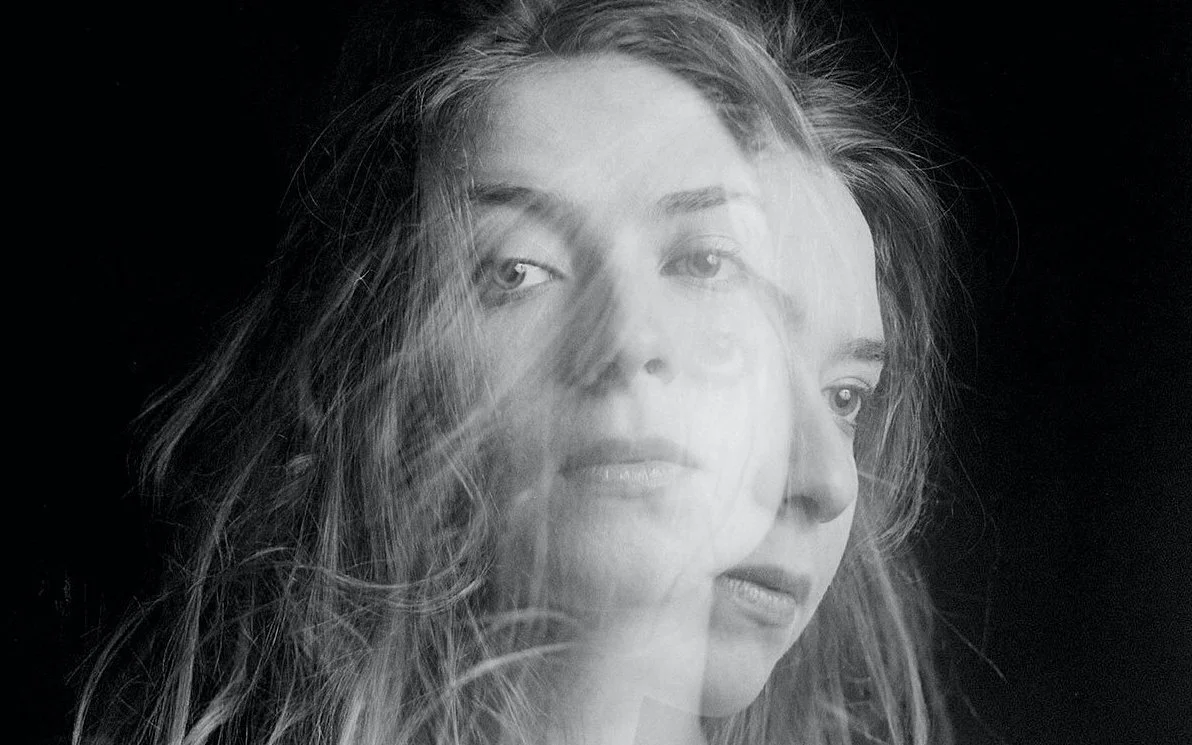Lessons From A Painter :: Si Golraine
“MUSIC AND VISUAL ARTS ARE FUNDAMENTAL TO OUR EXISTENCE — OUR LIVES ARE COMPRISED OF VIBRATIONS AND IMAGE/MATTER.”
— SI GOLRAINE
Ukranian-born multidisciplinary artist Si Golraine has lived many lives for an artist in her early twenties. Before shifting her focus toward the visual arts, she received a wide-ranging artistic education—formal and informal—while residing in Ukraine. At the age of six and for eleven years thereafter, she was enrolled in a school specialized in classical music where she majored in classical piano and vocals, while developing an interest in music theory and composition. In 2012, Si won the Future Leaders Exchange Program, affording her the opportunity to move to the United States (Texas) where she received additional private visual arts education, attended a school specializing in theater, and worked as a scenic painter. At the age of eighteen, she finally moved to New York City to continue her journey in the arts. After five years of intense experimentation and sharpening of her unique artistic style which incorporates oil and canvas, found objects, construction supplies, and remnants from previous works, Si is now showcasing her work in all of its glory.
In December of 2020, we had the pleasure of sitting down for a chat with Ms. Golraine on the podcast. In the conversation, Golraine shares many lessons critical to the development of the emerging artist. She addresses how artists may go about establishing discipline in their work, creating and sharing authentically, overcoming difficulties, and having the right mindset to persevere even through the inevitable hard times.
The following are some lessons gleaned from the conversation that is most relevant to artists & creatives.
::
Be prepared for opportunities that arise when you least expect them. Those who are highly attuned to the mundane signs and cues of everyday life are the ones who end up making something out of “nothing”.
::
Create authentically and develop a model for creating and sharing that aligns with the way you envision your work being experienced. You get to dictate the full life cycle of the work you are making from the beginning to the end, so make sure, at every step, the experience is one you can fully get behind, not one that has been dictated for you by outsiders or standards set by the industry you work in.
::
Be prepared for failure and understand that it is okay and part of the process. Give yourself time. As an artist (especially one just starting out), it’s important to understand that things are not always going to work out well. Some form of imbalance will be present throughout your life that you will need to dance with.
::
Confidence happens with doing the work more and more and unraveling who you are at the core. The process of work is not as romantic as it usually seems or as it is often portrayed. Sometimes you have to make yourself do it. Other times you don’t like what it is you are doing. But there are those moments where you will get to a moment of excitement, and discovery, and magic… and that is what will keep you going.
::
Art is not an object to be performed. It is an experience to be had.
::
Set aside the time to do your work whether or not you are too tired or if it is an inconvenience. If it matters enough to you, you should be finding a way to make time for it.
::
Find the work-life balance that works for you. There is no prescriptive formula for this. If you have to work full time to support your practice, do just that. If you have to work part-time and freelance by acquiring commissions or getting hired for your craft, do just that. If you are betting on yourself and are able to commit to your practice and nothing else, go for it!
::
Understand that there are ebb and flow moments in the process of creating new work. Remember to give attention to and find joy in other things in your life besides your work so that you are not overwhelmed or driven to exhaustion. In the words of musician Robert Mosci, “Everything makes you a better artist, but life is more than just the arts. Creating art might be really important to you, but you also need a social life.”
::
Develop a healthy amount of curiosity for everything. If you fail, don’t waste time blaming yourself for the failure or blaming others. Instead, become curious about the reasons behind the failure; why did this not work out this time, and what can I do to make sure it does work out next time around?
::
Remember that nothing lasts forever. We don’t last forever. The situations you’re in won’t last forever. The way that you feel won’t last forever.

